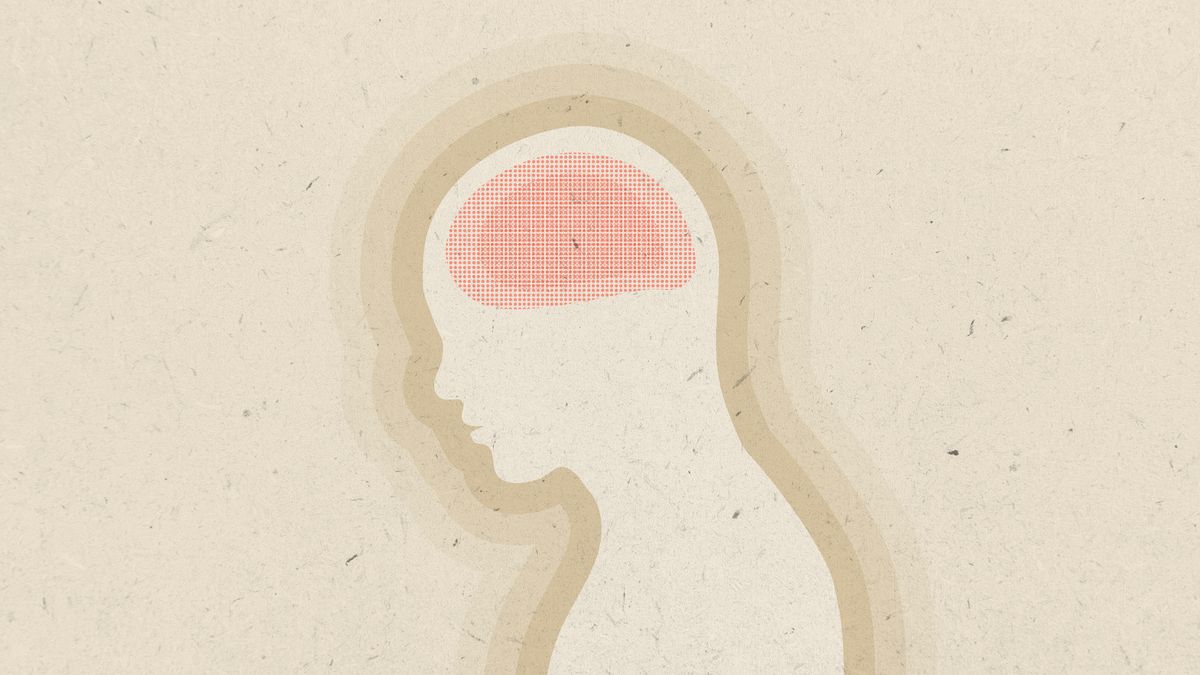Social media users praise Olympians for speaking openly about mental health
Meanwhile, the White House takes action on youth online safety.

Meanwhile, the White House takes action on youth online safety.
This past week, Olympic athletes generated online conversation about mental health by speaking openly about their own struggles in news articles. Social media users celebrated the athletes for their “bravery,” showing how public figures can reduce mental health stigma.
Additionally, the White House announced several actions to improve online safety for youth, but these efforts received little attention on social media.
These conversations provide an opportunity for public health communicators to normalize seeking mental health treatment—particularly for athletes—and push out messaging that educates youth and their caregivers about safer social media use.

Insights brought to you by the reporters and science writers of Public Good News (PGN), a nonprofit newsroom dedicated to improving community health.
What’s trending nationally in conversations about mental health
In the past week, the Olympics generated most online conversation about mental health, with approximately 8,200 news articles and social media posts mentioning the Olympics alongside mental health terms. One Associated Press article discussed how Olympic athletes are speaking openly about their mental health struggles and calling for more support for athletes. In response to this article and others, social media users across multiple platforms praised athletes for reducing mental health stigma. One X post read, “@Simone_Biles has already won. By speaking out on mental health, she’s helped make it possible for others to do the same.”
On July 22, the White House released a statement announcing several actions intended to improve online safety for youth. Actions include the release of the “Best Practices for Families and Guidance for Industry” report from the Kids Online Health and Safety Task Force, which provides online safety guidance, and the addition of questions about youth social media use to the 2023 Youth Risk Behavior Survey. The statement received little attention on social media. However, multiple news articles mentioned the statement when covering two youth online safety bills, including the Kids Online Safety Act (KOSA). While there is widespread support for youth safety online, many LGBTQ+ and public health advocates oppose KOSA due to concerns that social media companies could repress potentially lifesaving content if the bill is passed.

Recommendations brought to you by the health communication experts behind Infodemiology.com.
Recommendations for public health professionals
Each week, the Infodemiology.com team will provide messaging recommendations in response to some of the trending narratives outlined above. These helpful tips can be used when creating content, updating web and FAQ pages, and developing strategy for messaging about mental health.
Communicators can use trending conversations about Olympic athletes and mental health to inspire priority populations to seek mental health treatment. Recirculating materials that highlight local and national mental health resources—including sliding scale therapy, support groups, mental health centers, and the 988 Suicide and Crisis Lifeline—is recommended. Tailoring messaging to groups that are currently receiving media attention and are at higher risk, such as athletes, may help reach priority populations.
Persisting online conversations about social media’s impact on youth mental health provide an opportunity to highlight the statistic that nearly half of teens have experienced some form of cyberbullying, including harassment and image-based sexual abuse, and LGBTQ+ youth experience cyberbullying at disproportionate rates. Circulating content about mental health warning signs in youth and sharing conversation starters for caregivers alongside tips for helping youth safely use social media is recommended.
